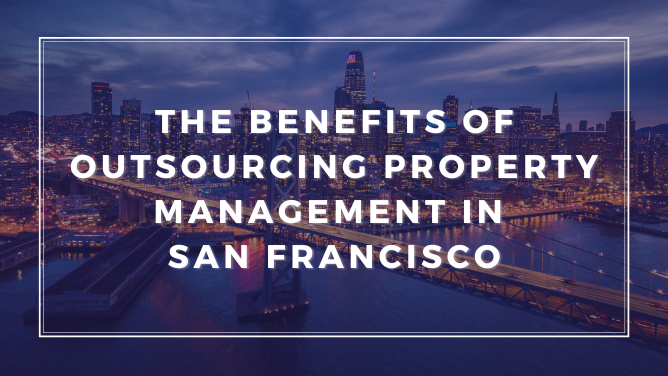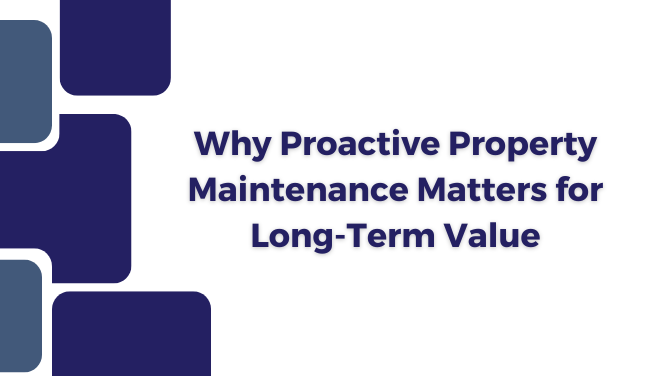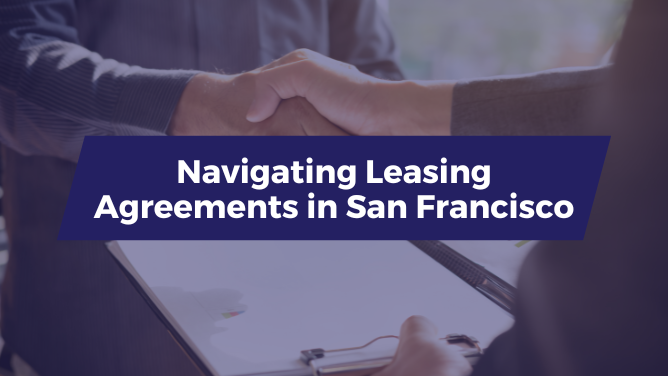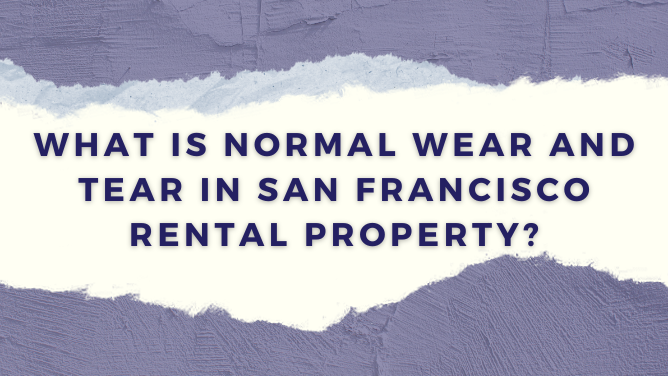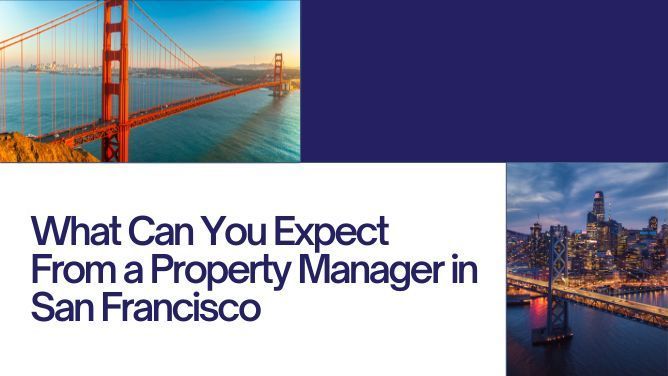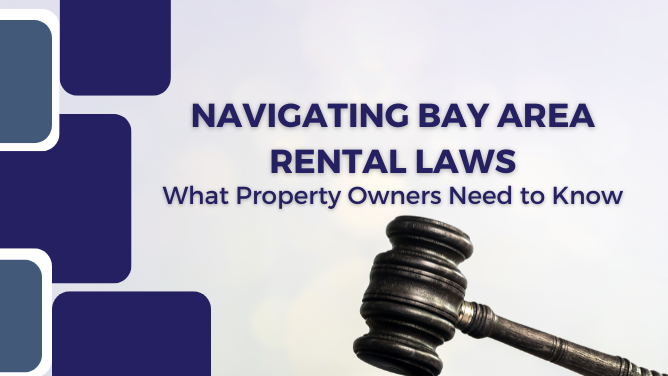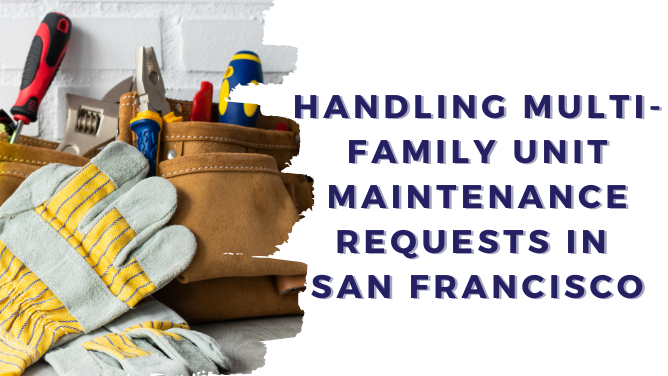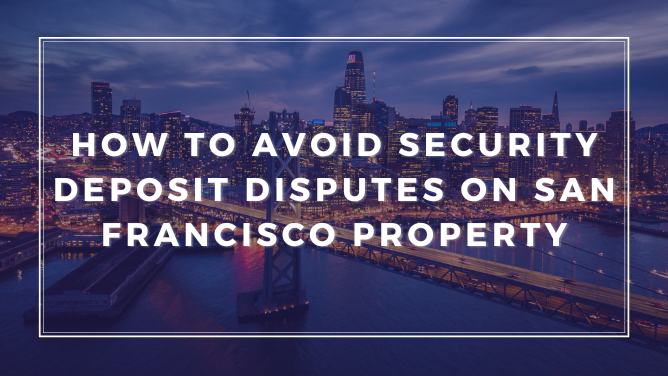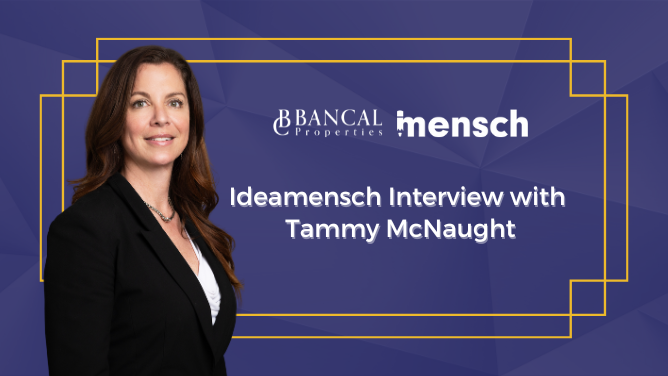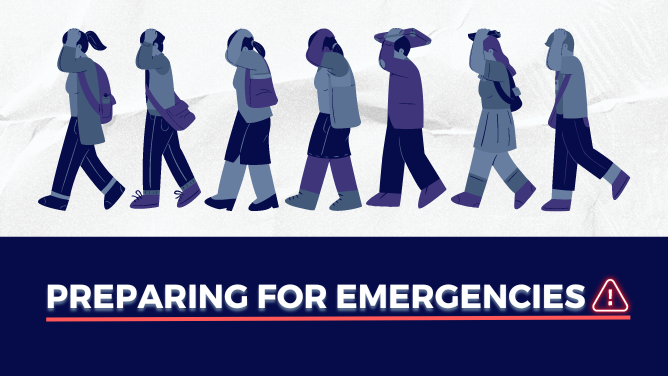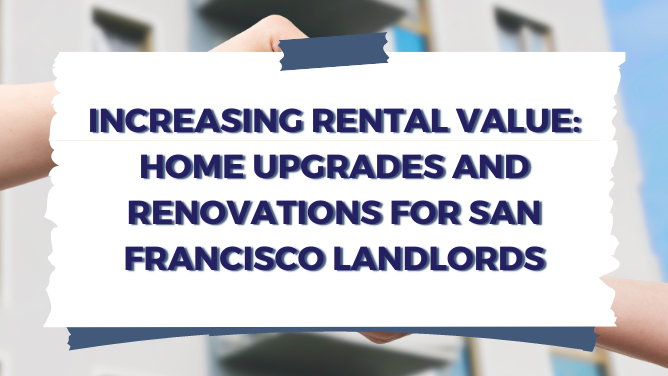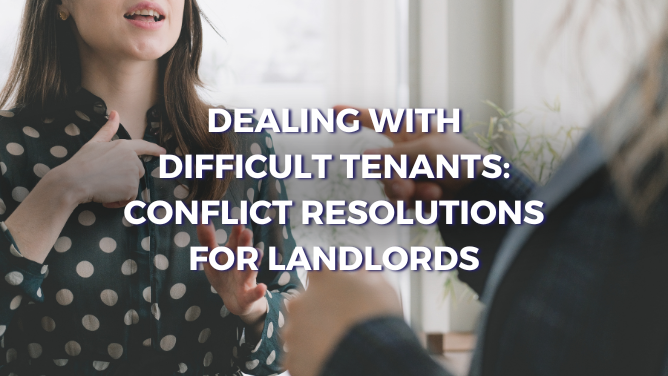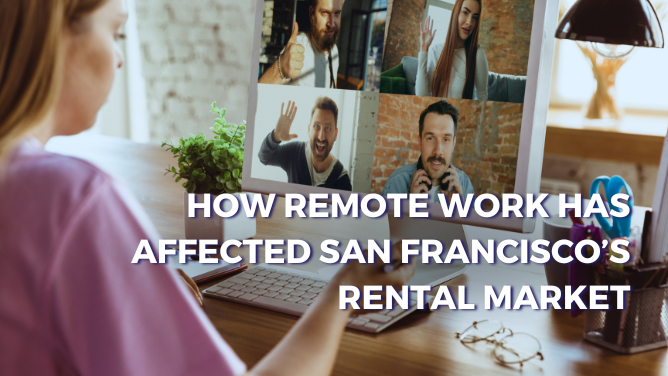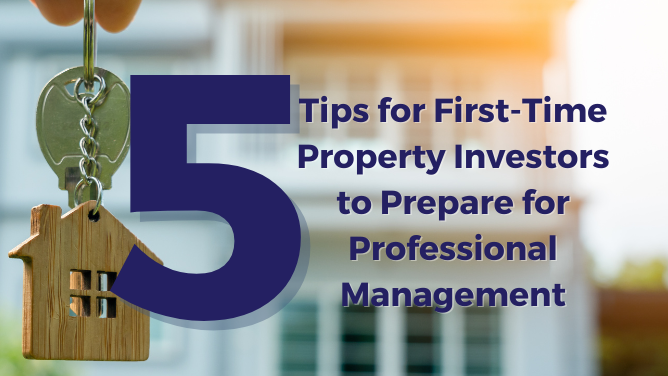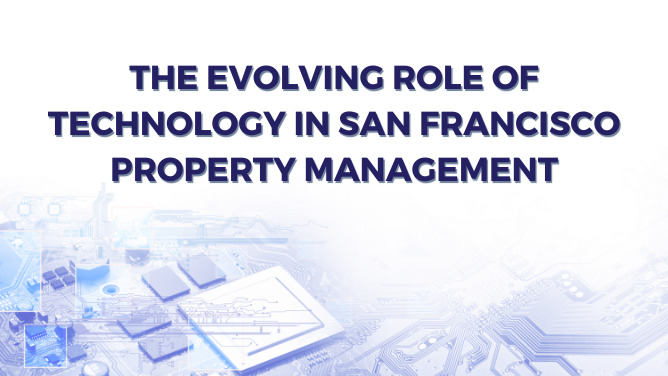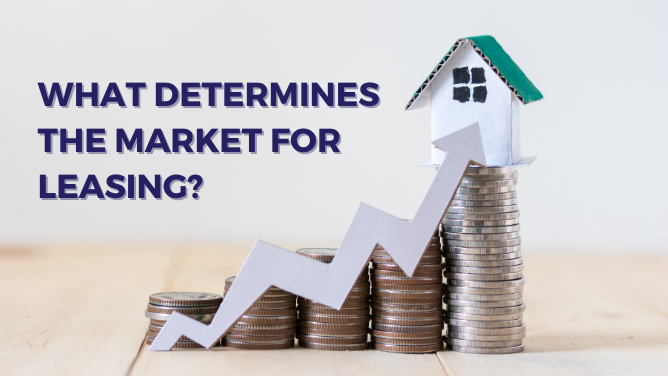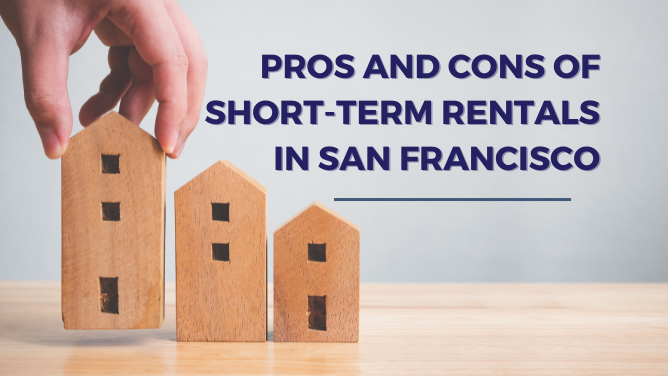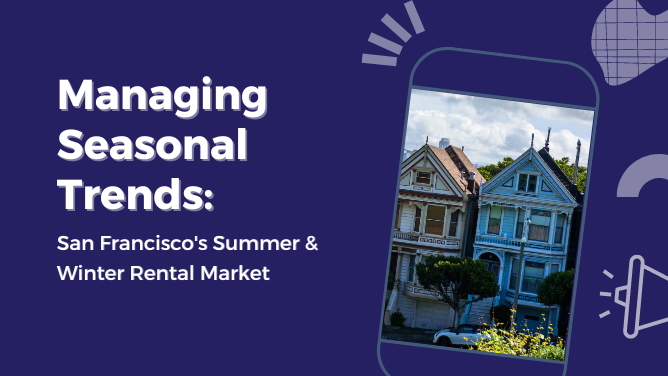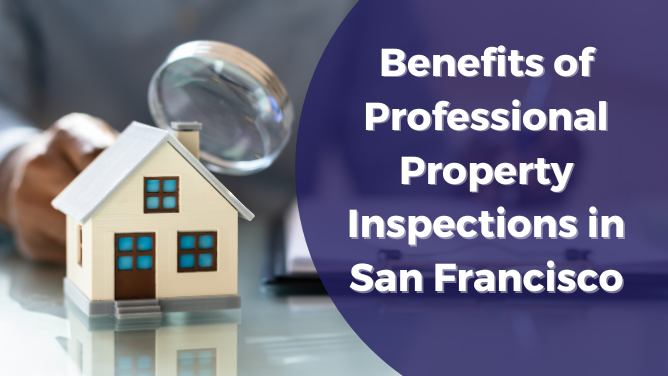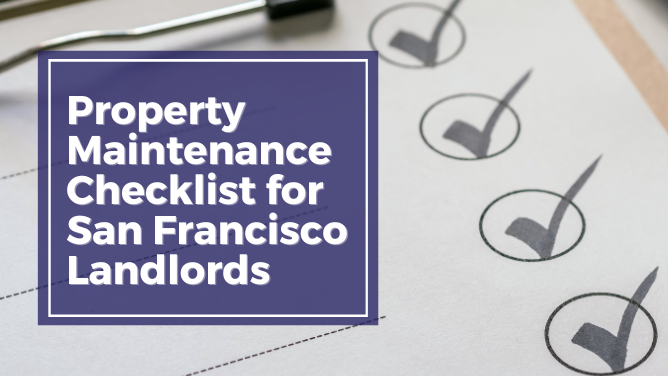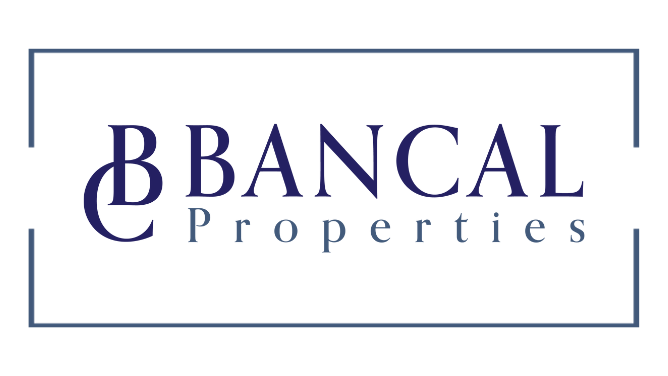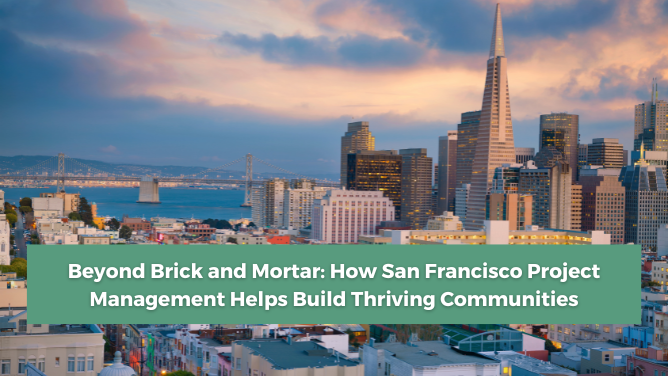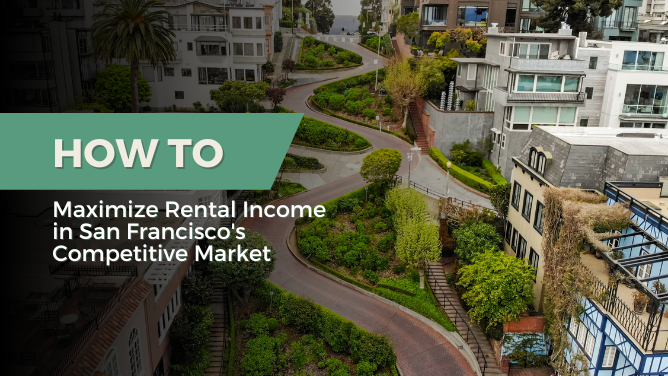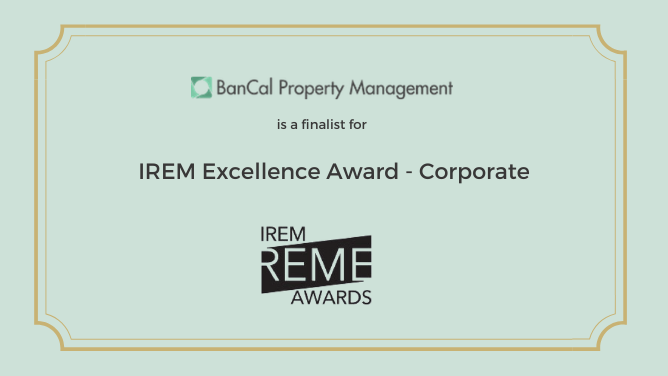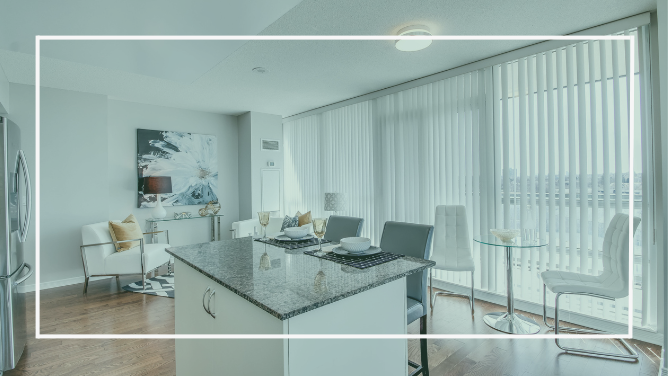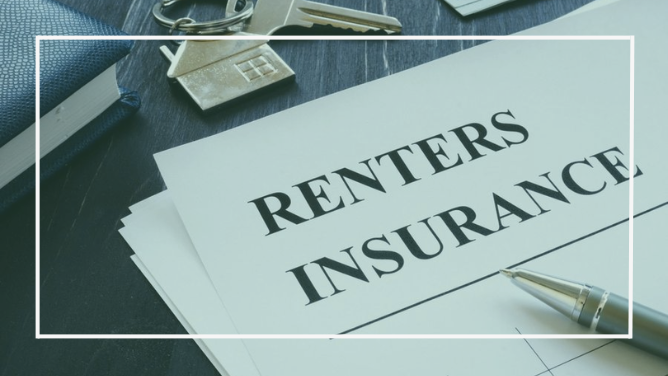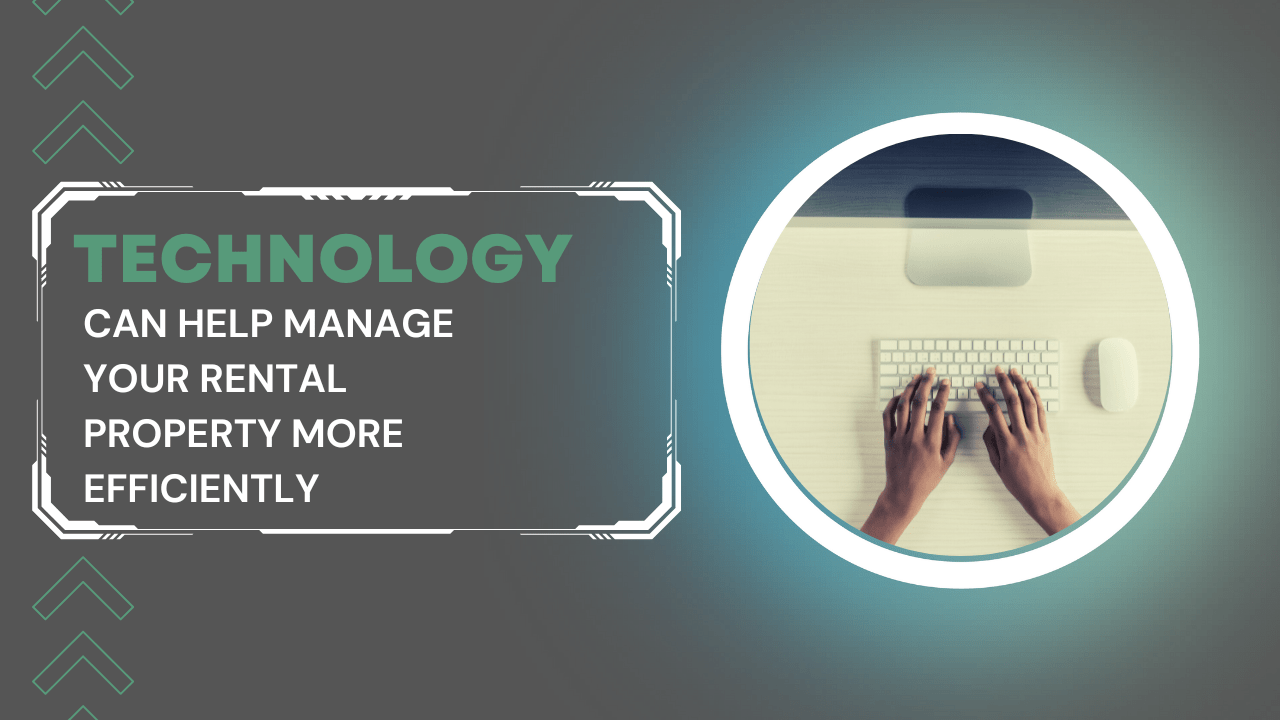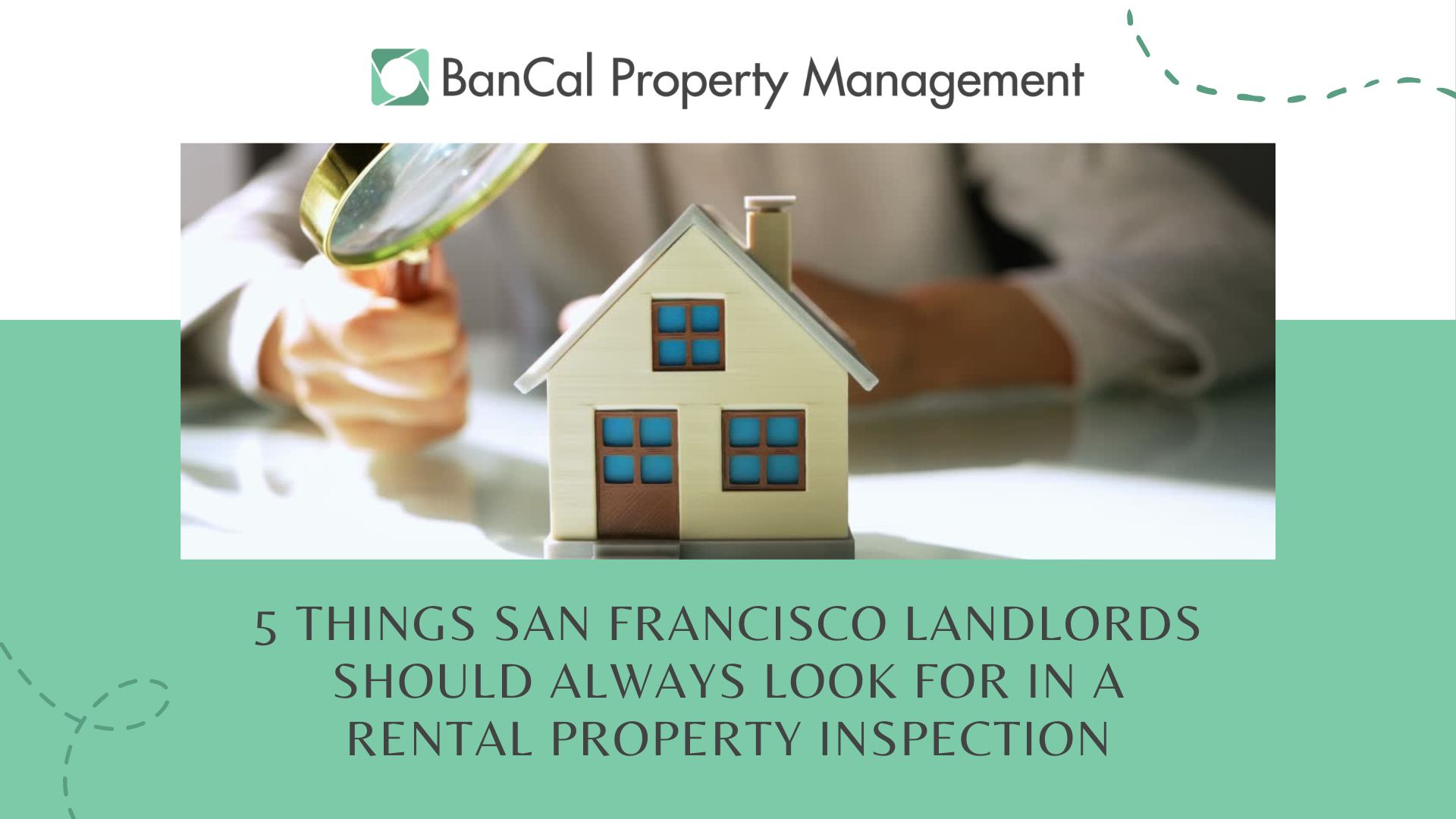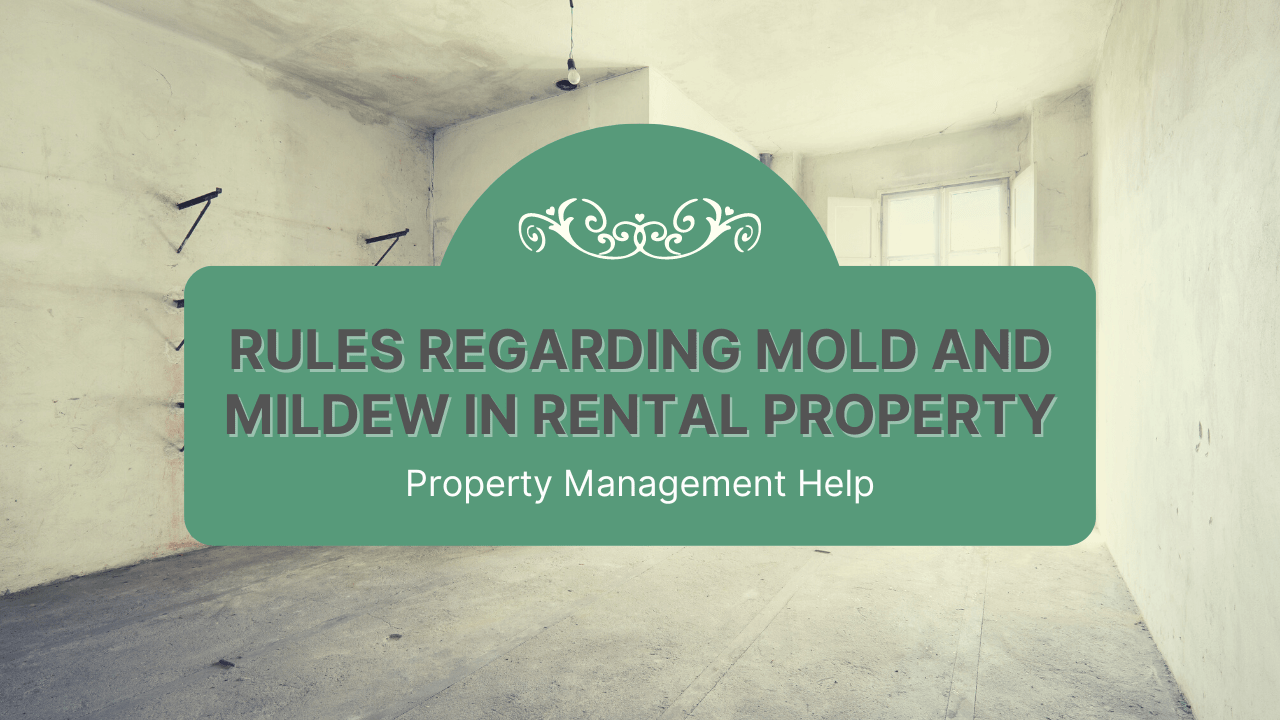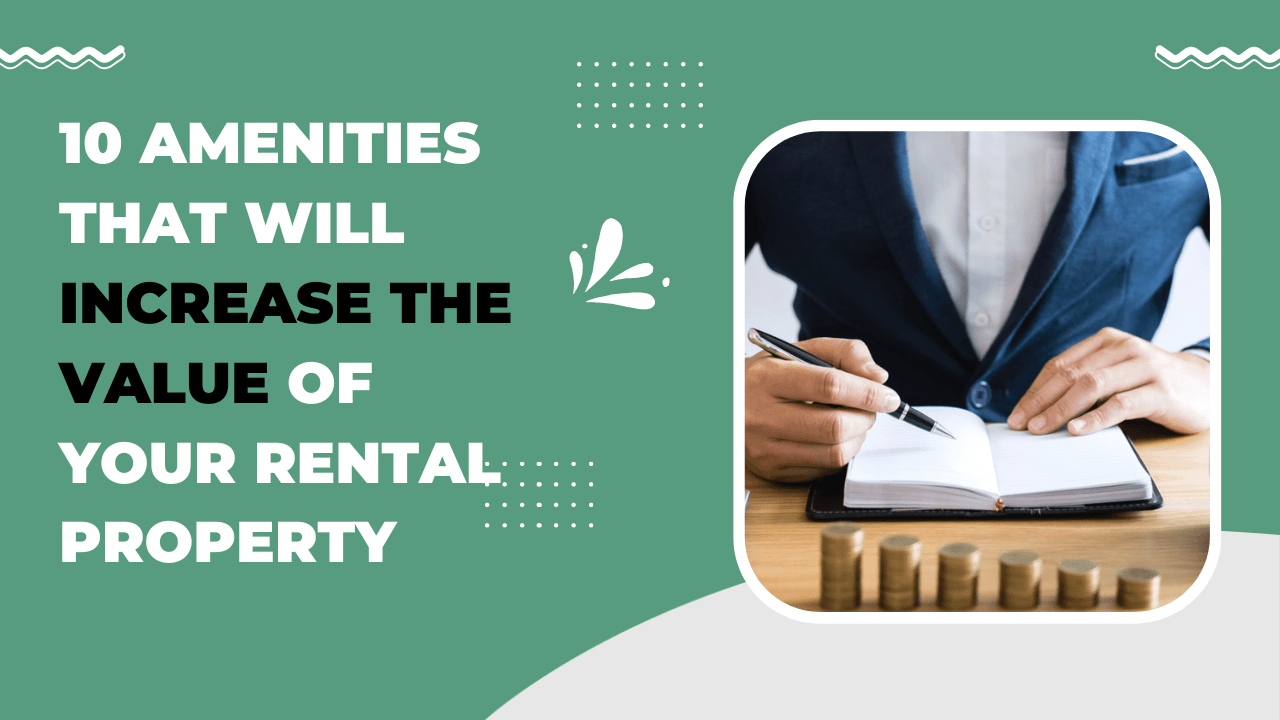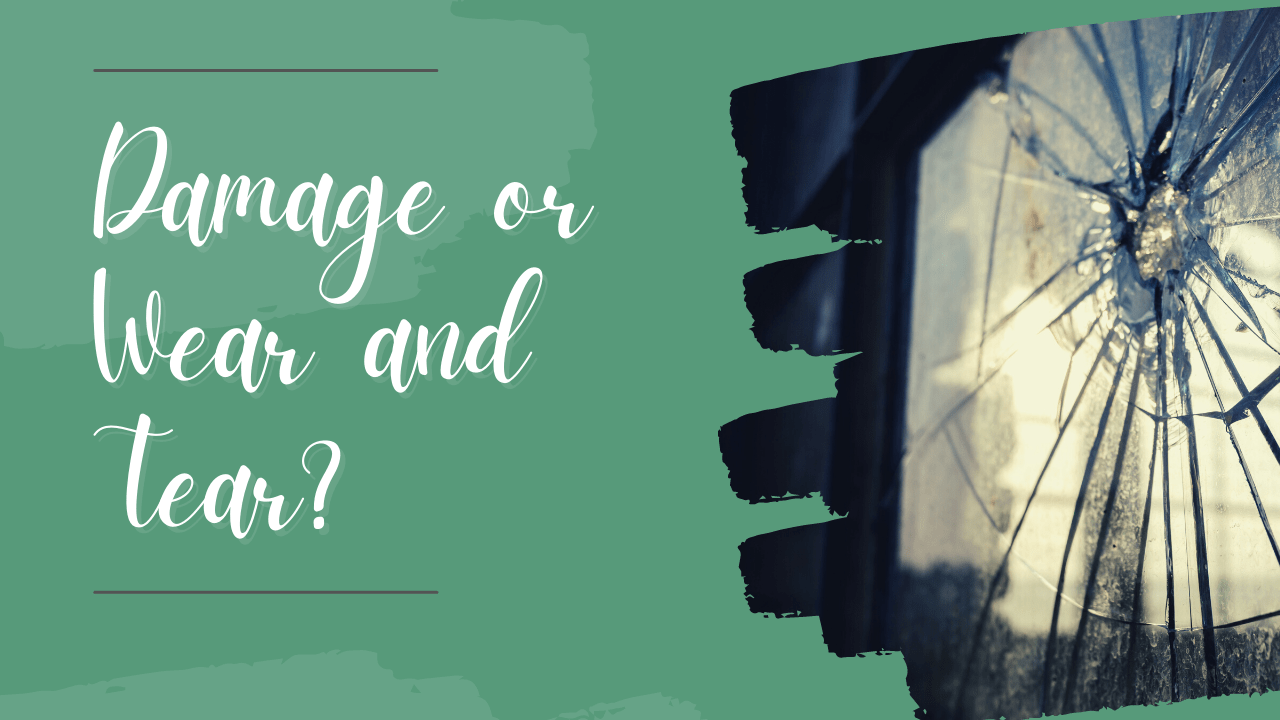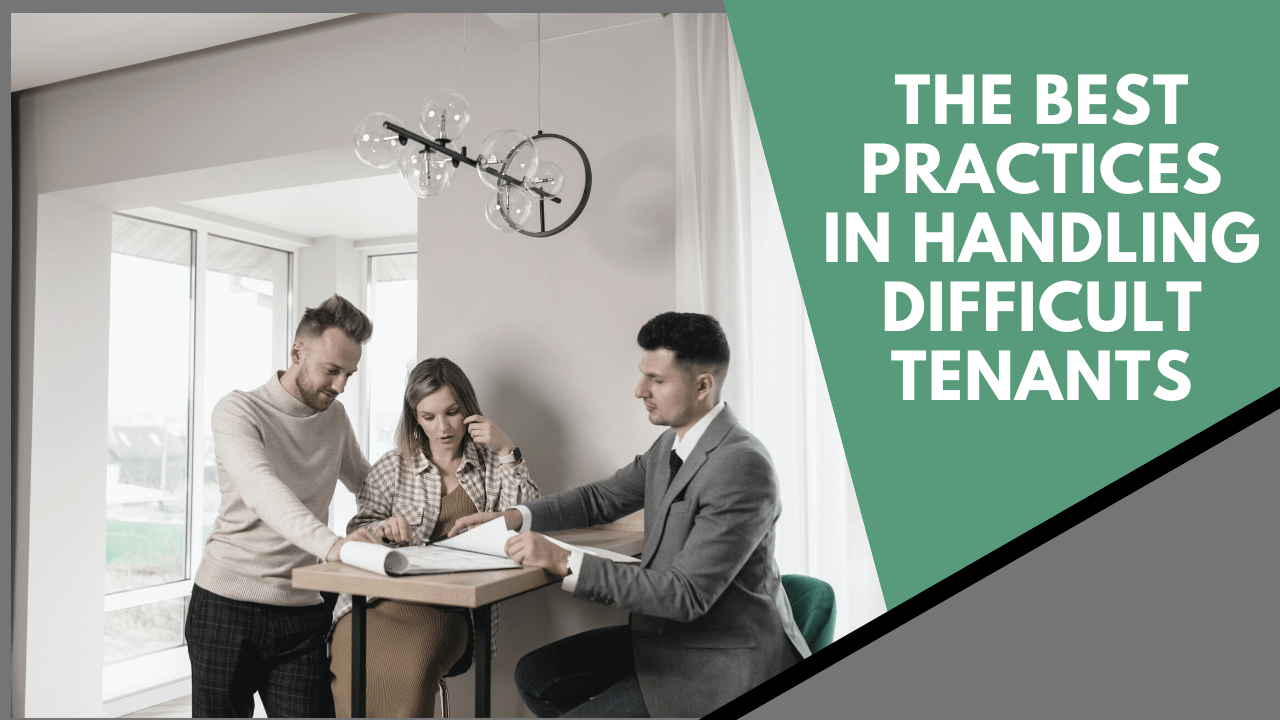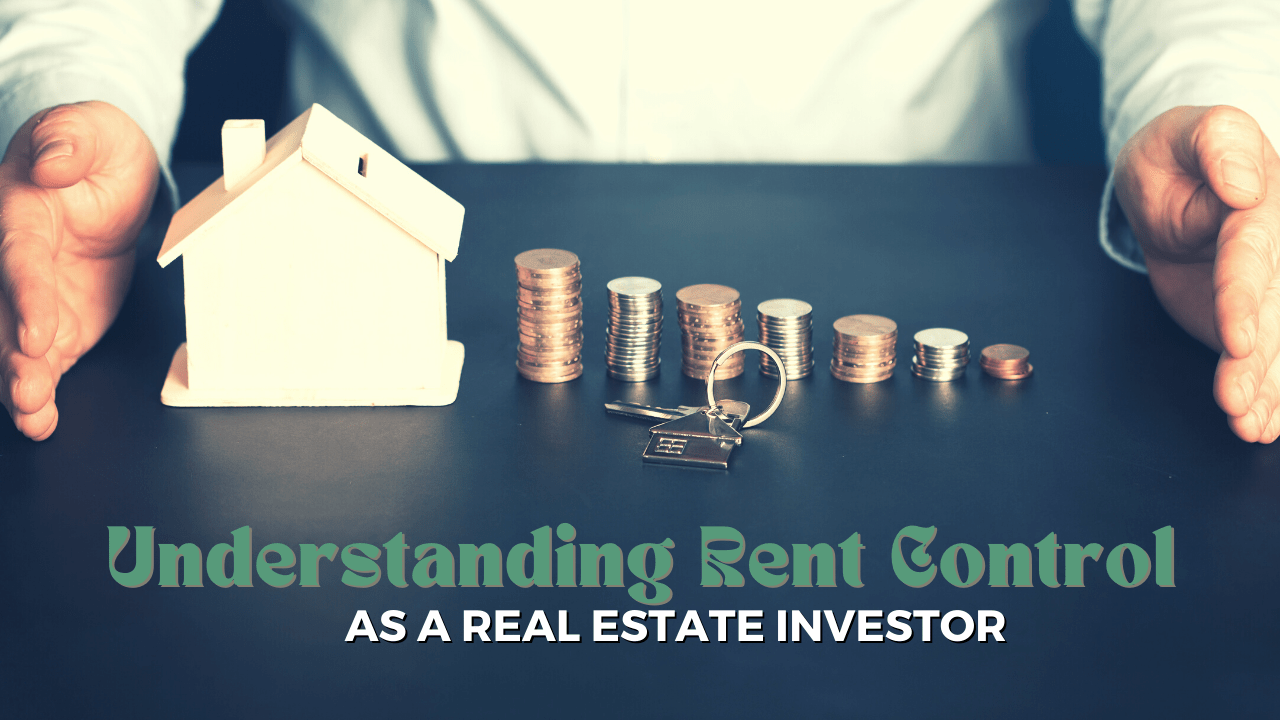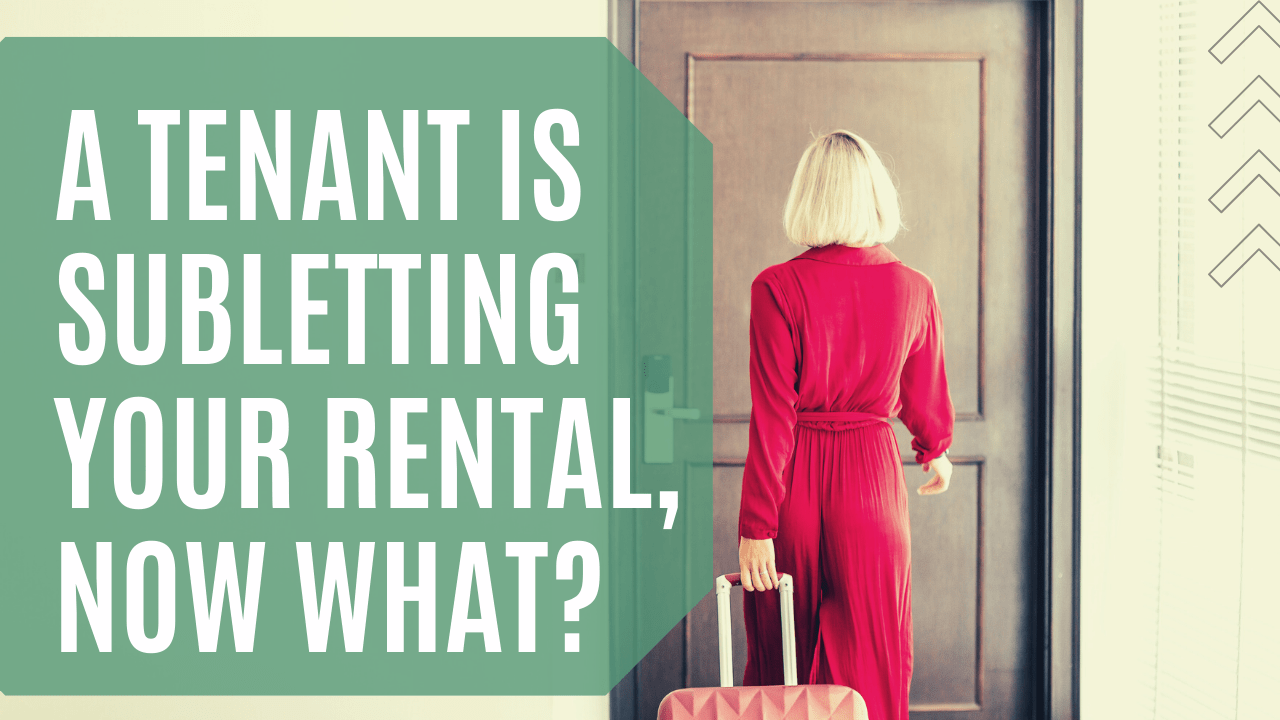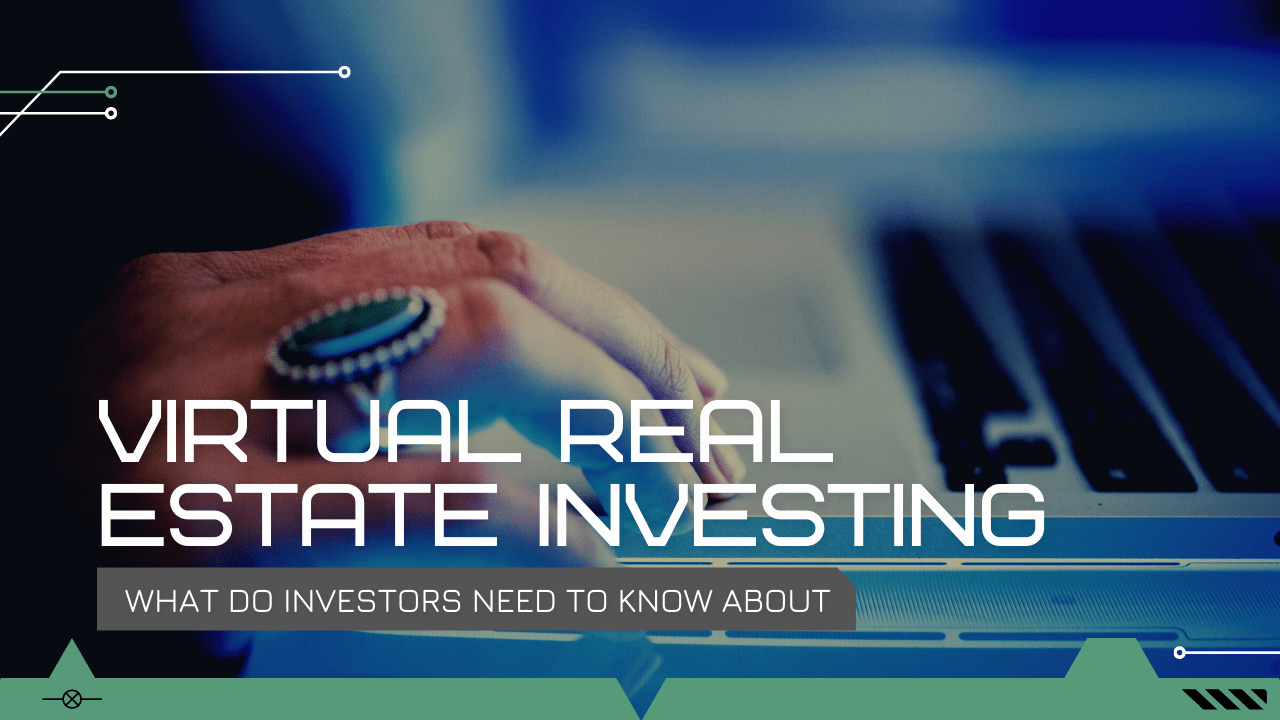SPOTTING A PROFITABLE RENTAL PROPERTY San Francisco Investment Guide
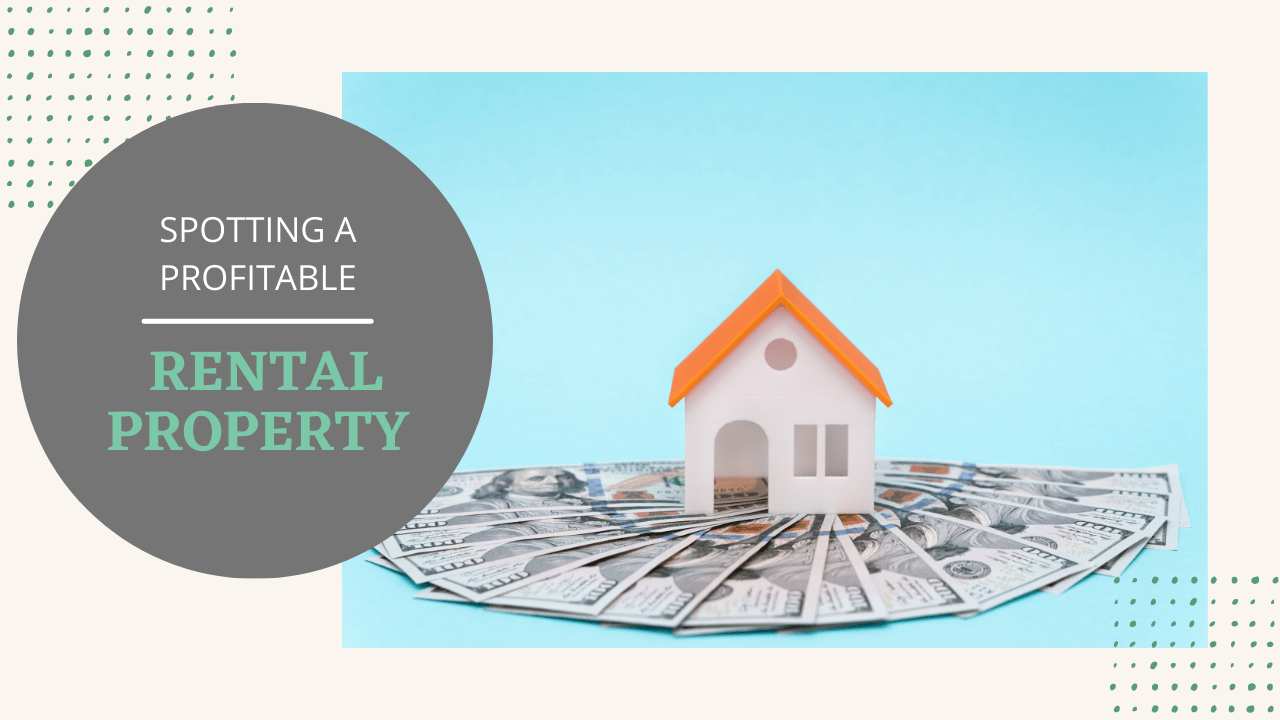
Prices are rising in real estate markets across the country, but in San Francisco, investors are in for a lovely surprise: lower prices than they may have expected. That’s not likely to last long, so if you’ve thought about purchasing a rental unit or a building in San Francisco, you’ll want to do it sooner rather than later.
What should you buy?
That’s going to depend on a few things, most importantly your investment goals. Then, you’ll want to take a look at location, property condition, amenities, and simple math. What are the vacancy and occupancy numbers, for example?
We’ve got a brief investment guide, which we think new investors and experienced pros will find helpful when it’s time to buy a new San Francisco investment property.
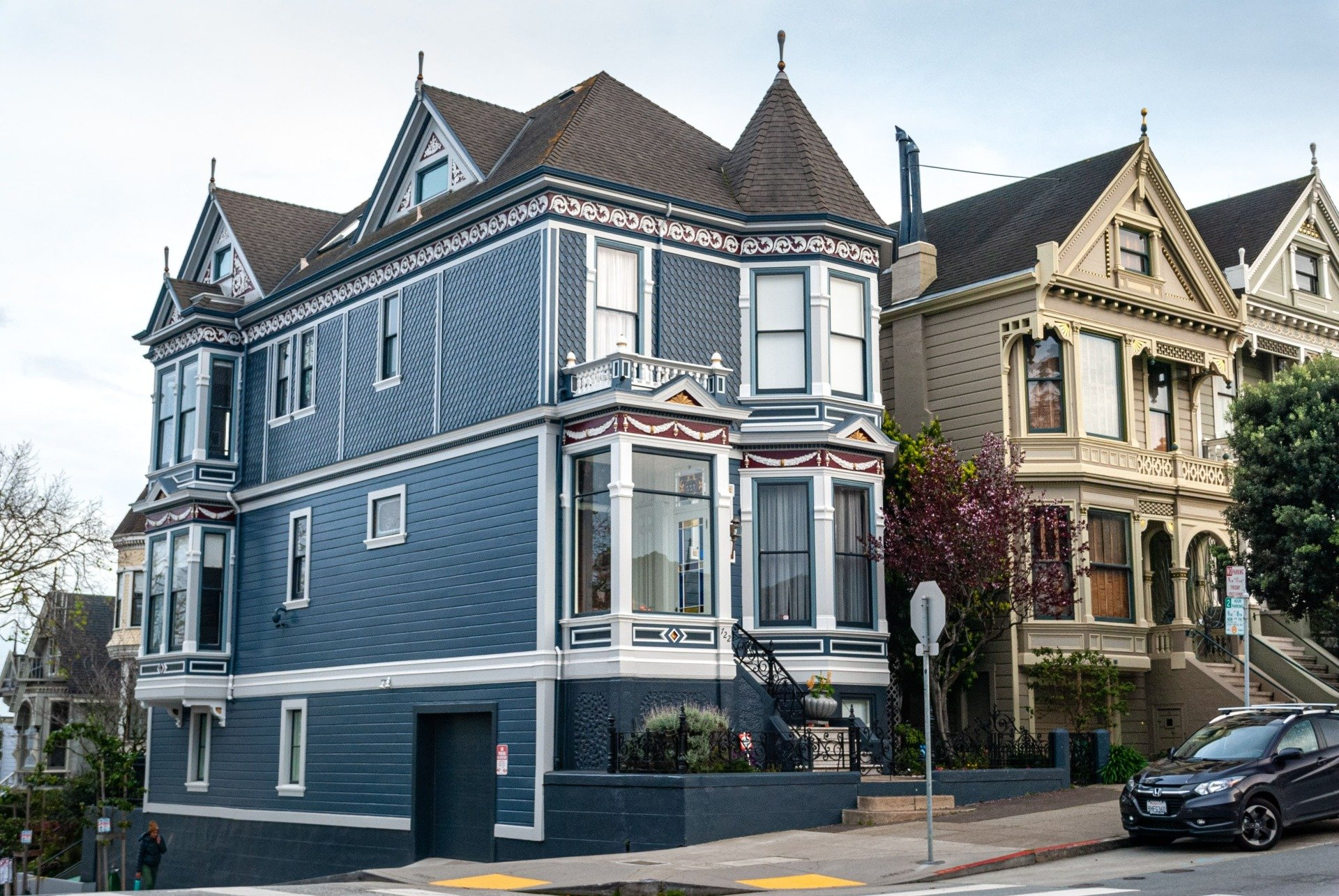
GET TO KNOW THE SAN FRANCISCO MARKET
We’re a little different here. If you’ve been reading up on the general craziness of the real estate market in the U.S., that’s great. But, you have to zero in on San Francisco and get to know the nuances of this city. It’s always been a competitive and expensive housing market. Dig as deep as you can and educate yourself on the trends and topics in San Francisco real estate before you make a move.
1. EVALUATE YOUR INVESTMENT GOALS FIRST
You need to know why you’re investing, otherwise you’re not going to make very strategic decisions when it comes to identifying opportunities and closing deals. If you made some goals five or 10 years ago and you haven’t revisited them since - it’s time to take a look.
Figure out where you are financially and where you want to be.
Understand what you have to invest before you begin to buy up properties. Know your money, understand your tolerance for risk, and think about your exit strategy - will you own these properties forever?
2. LOCATION IS LEVERAGE
Location always matters - no matter what the market or how high the price. It should be one of your first considerations when you’re deciding whether a property is profitable. Most San Francisco tenants work here, but with work-from-home becoming more normalized, residents can live in neighborhoods that they might have thought were out of reach just two or three years ago.
Be choosy when you’re looking at San Francisco investments. Are they located in a walkable area or close to public transportation? Is there reliable parking? Are restaurants, shops, grocery stores, and entertainment close by? People want privacy and space while still feeling like they’re part of a community.
Tenants with children will be looking at school districts, so do a little research into the local schools before you buy. Look for a property that’s accessible and easy for commuters, students, and families. Buying something too remote will not necessarily be profitable because of the risk of a longer vacancy or a lower rental value.
3. DO THE MATH, INCLUDING VACANCY AND RENTAL RATES
A profitable rental home won’t lose money on vacancies and low rent. If you come across
a building that’s been plagued with vacancies and empty homes for rent, you may have a hard time finding tenants.
You’re also looking for a reliable rental range. A profitable rental property will bring in high rents. Research the area and the average rental values so you’re comfortable understanding what you’re likely to bring in. Has the rent trended up or down? Do you expect the rental value to increase in the next year or two? Will it be enough to make this a worthwhile investment property for your unique goals?
Forget the Fixer Uppers Unless It’s Part of Your Plan
Well-maintained homes are always going to rent for more. Don’t invest in a cheap property unless you know you can fix it up and get it onto the market quickly. You don’t want to put off earning rent, and properties that need a lot of rehab will only be more costly on the front end.
SAN FRANCISCO PROPERTY MANAGEMENT INVESTMENT ADVICE
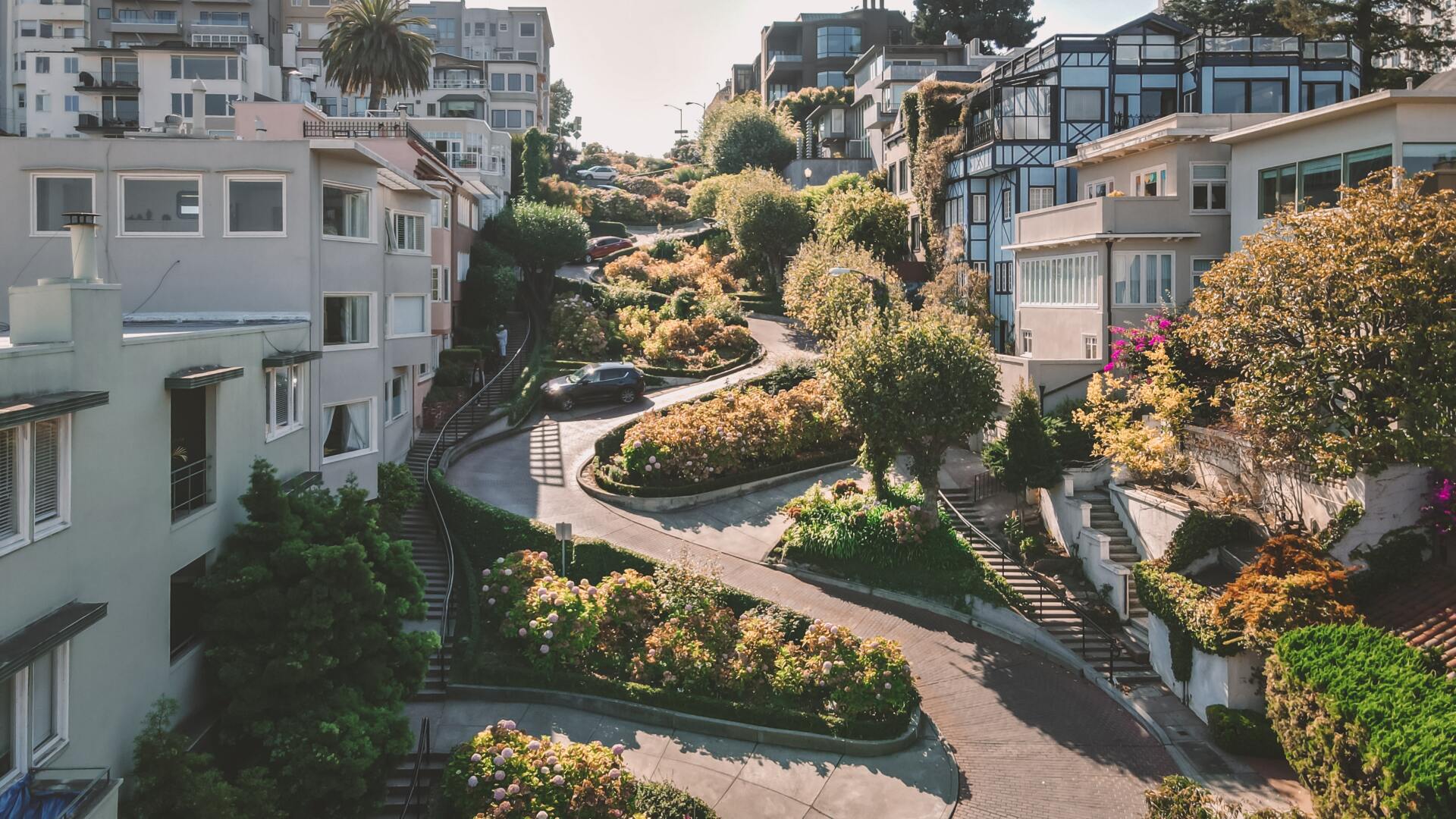
We love working with investors at any level. At BanCal Property Management, we’ve been helping owners identify and purchase rental properties since 1987. We can make sure you have the data you need to make good decisions.
To hear more about
our investment services and our property management plans,
please contact us. We also welcome your comments, questions, and suggestions on the topic of San Francisco investment property. Why do you invest, and what types of properties make you the most money?
